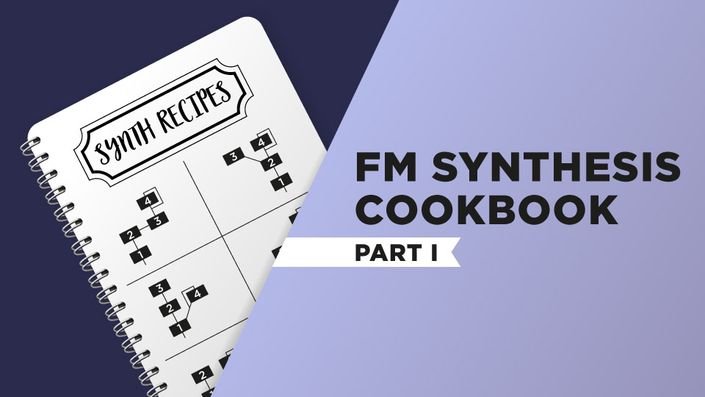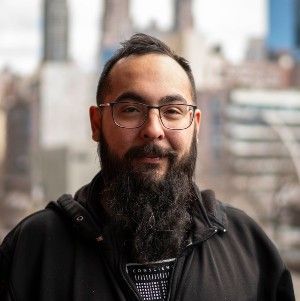
Get access to all of our courses with a student membership, or purchase this individual course by clicking "Enroll" above.
Frequency Modulation (FM) synthesis is widespread in music production today because it is incredibly powerful and versatile. Learning these techniques will widen your sound design palette and enable you to produce sounds like aggressive bass lines or smooth electric keyboard tones just to name a few. In fact, one of the bestselling synths of all time is the Yamaha DX7, a highly versatile synth which popularized FM synthesis. Discovered by Dr. John Chowning at Stanford University, FM is all about creating complex waveforms out of simple waveforms, whereas subtractive synthesis tends to focus on filtering or cutting out frequencies from a given sound source (e.g. think Moog Voyager or Sequential Circuits Prophet). In these lessons you'll get firsthand experience designing useful tones and contemporary sounds. You'll understand concepts behind building sounds from scratch so that you can further modify them and make them truly your own, or explore new sonic territory altogether.
Lesson topics include:

Encanti is the artist name of Ben Cantil, half of audio/visual duo Zebbler Encanti Experience with VJ Peter ‘Zebbler’ Berdovsky (widely known for his work with Shpongle and EOTO over the years). ZEE releases music regularly on experimental electronic labels Wakaan and Gravitas Recordings; and has collaborated with artists such as Mr. Bill, Of The Trees, Au5, and acclaimed vocalist Ganavya Doraiswamy.
Cantil is also an Assistant Professor of Music Production, Technology, and Innovation at Berklee Valencia in Valencia, Spain, where he teaches electronic music production and sound design. As an educator, Ben approaches electronic music as a multidisciplinary art form that unifies traditional song writing with sound design, arranging, and audio engineering. By focusing primarily creative strategies and philosophy, his workshops are classes aim to enable and inspire musicians of all backgrounds and skill levels, regardless of what instruments or software they use.